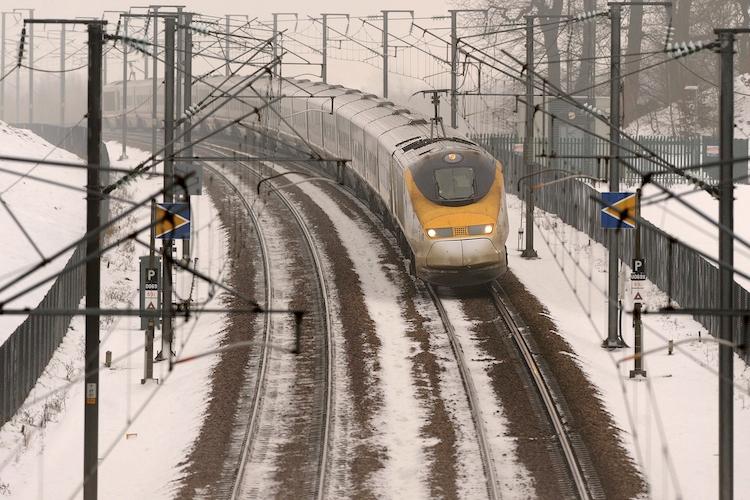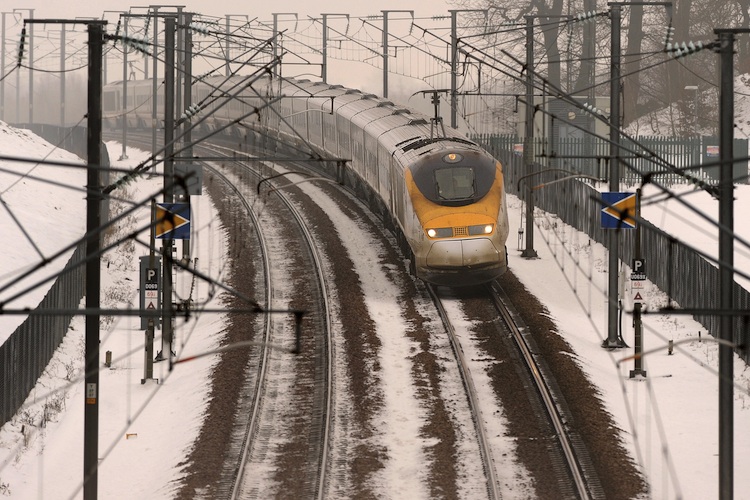U.K. scrap metal laws needs tightening up to tackle the growing scourge of cable theft costing the transport networks millions every year, a committee of Parliament members has concluded.
Currently, there are an average of six to eight incidents per day related to cable theft on the rail network. In the last year, 10 people have died from metal theft-related incidents, as thieves run the gauntlet of scavenging from train tracks to live wires.
Louise Ellman, Transport Committee Chair, said tackling cable theft was a matter of urgency. “Last year over 35,000 journeys were delayed or cancelled due to this crime which also cost Network Rail more than 16 million pounds [US$25.1 million],” she said.
Launching the committee’s report on Jan. 26, she said in a statement that scrap metal theft was made easy by the lack of controls over the process of selling to scrap dealers.
“Current legislation for regulating scrap metal dealers is out of date. We need urgent reform to improve the audit trail generated by the scrap metal industry so that criminals selling stolen metal into the trade can be identified much more easily.”
The British Transport Police called the current Scrap Metal Dealers Act 1964 “Steptoe and Son legislation.”
But some in the scrap industry question whether changes to regulation alone will stem the tide of thefts, because it will tackle only the legal scrap metal industry. The British Metals Recycling Association (BMRA) estimates that the number of sites illegally trading scrap metal could equal that of the legal ones.
The BMRA also warned the committee against another of its recommendations—that scrap metal sales are made cashless.
“Any move to restrict the use of cash in the purchasing of metal for recycling by licensed and permitted businesses will be seriously undermined unless the large, current number of illegal (un-licensed and/or un-permitted) businesses is radically reduced,” said the BMRA its submission to the committee.
The BMRA said it would “drive much of the wholly legal ‘gate’ trade into the hands illegal operators, and would be ineffective in restricting the outlet for stolen material.”
The committee members also called for the government to introduce a new offence of aggravated trespass on the railway to help deter cable thieves.
The committee report notes that data shows that the frequency of incidence of cable theft tracks very closely the price of copper.
In one and a half years, the price of copper quadrupled. So did the incidence of cable theft. Copper price is expected to remain high through 2012.
The metal recycling industry in the U.K. is worth approximately 5.6 billion pounds (US$8.8 billion) and employs almost 8,000 people. Sixty percent of the metal recycled in the U.K., some 13 metric tons (14.3 million tons) in 2005, is exported making the U.K. amongst the five largest scrap metal exporting countries.
But cable theft is just one aspect of scrap metal theft. The BMRA in its evidence to the committee pointed out that of the estimated 15,000 metric tons (16,500 tons) of metal stolen each year, the majority is stolen from the scrap metal dealers themselves.







